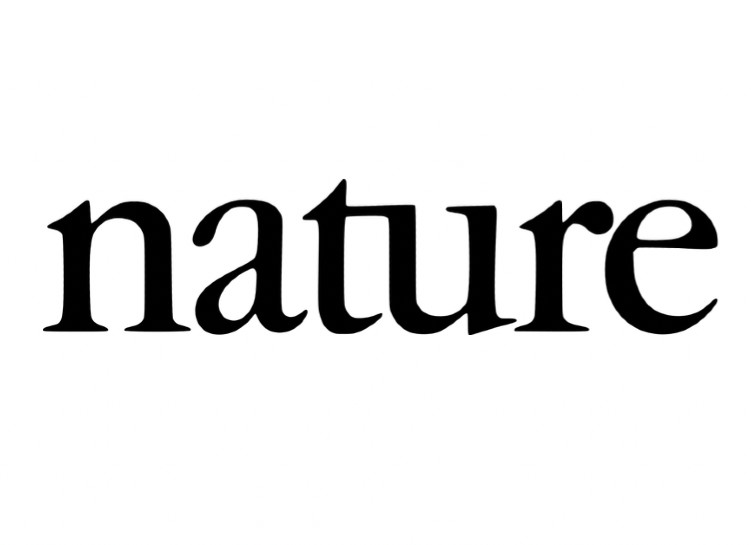In the first few months of 2020, wild conspiracy theories about Bill Gates and the new coronavirus began sprouting online. Gates, the Microsoft co-founder and billionaire philanthropist who has funded efforts to control the virus with treatments, vaccines and technology, had himself created the virus, argued one theory. He had patented it, said another. He’d use vaccines to control people, declared a third. The false claims quietly proliferated among groups predisposed to spread the message — people opposed to vaccines, globalization or the privacy infringements enabled by technology. Then one went mainstream.
On 19 March, the website Biohackinfo.com falsely claimed that Gates planned to use a coronavirus vaccine as a ploy to monitor people through an injected microchip or quantum-dot spy software. Two days later, traffic started flowing to a YouTube video on the idea. It’s been viewed nearly two million times. The idea reached Roger Stone — a former adviser to US President Donald Trump — who in April discussed the theory on a radio show, adding that he’d never trust a coronavirus vaccine that Gates had funded. The interview was covered by the newspaper the New York Post, which didn’t debunk the notion. Then that article was liked, shared or commented on by nearly one million people on Facebook. “That’s better performance than most mainstream media news stories,” says Joan Donovan, a sociologist at Harvard University in Cambridge, Massachusetts.


